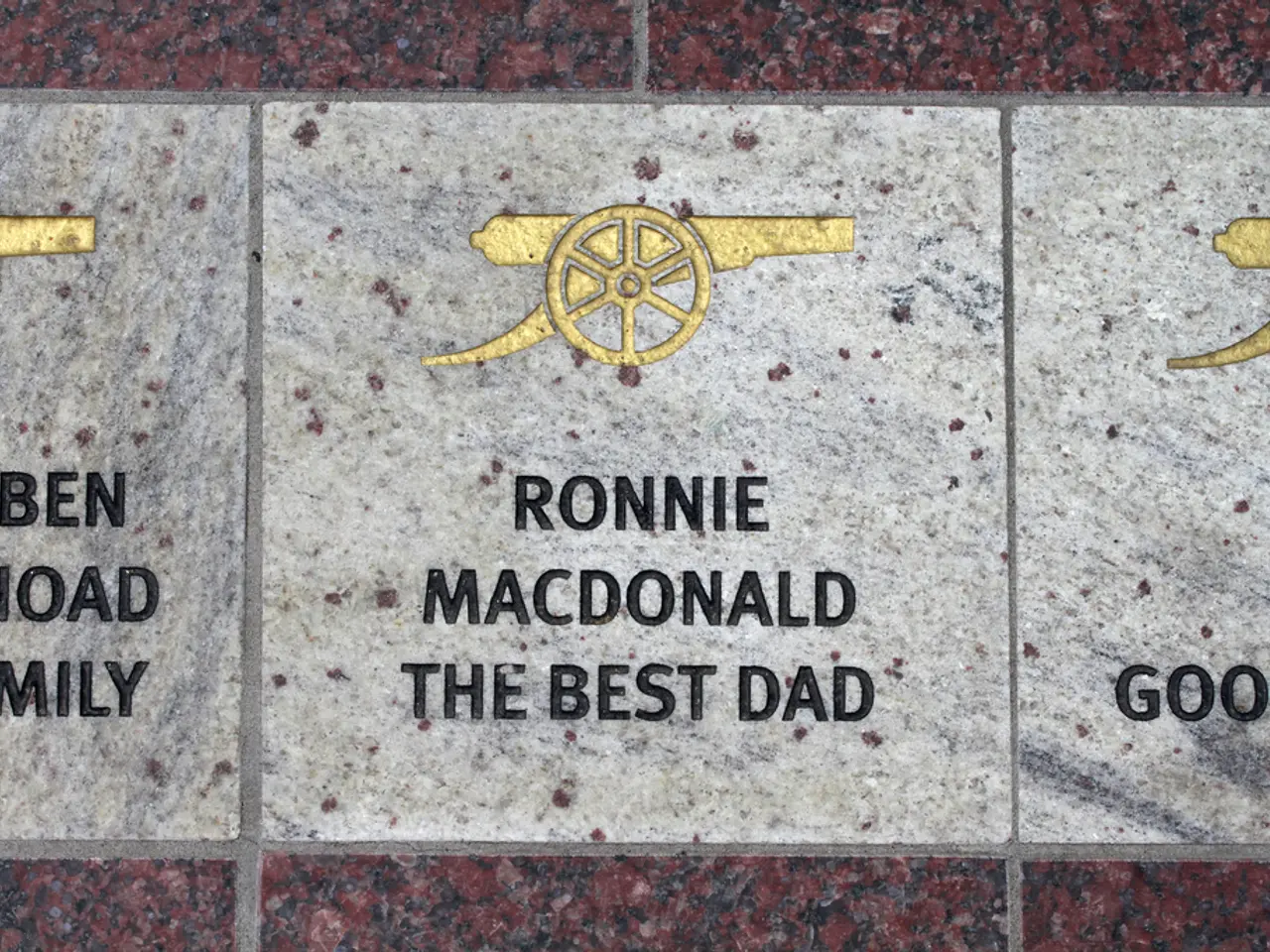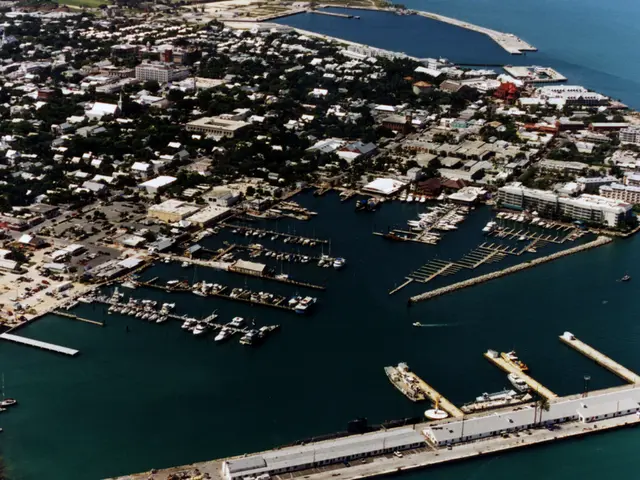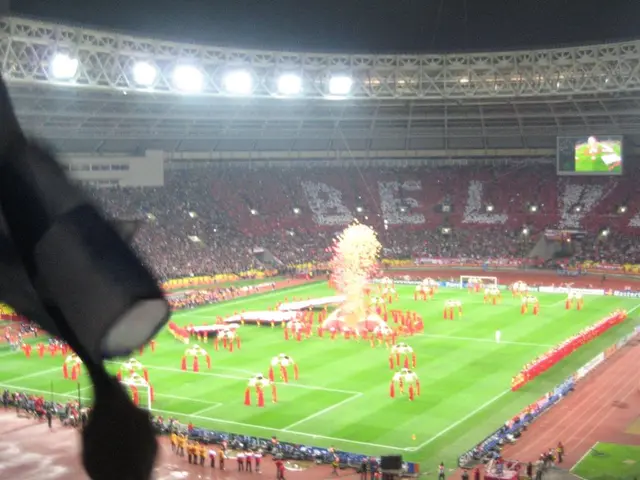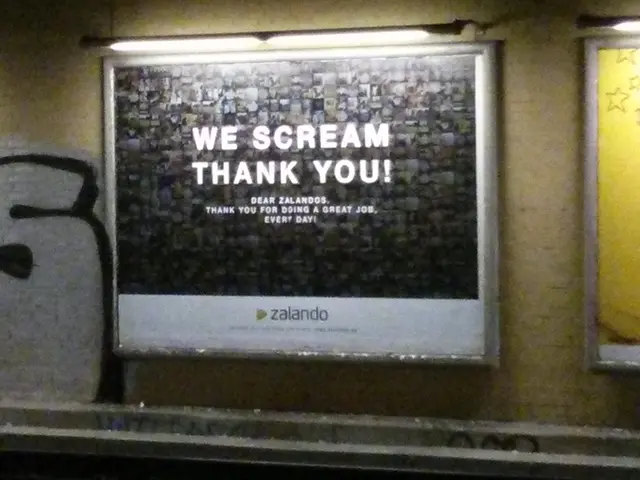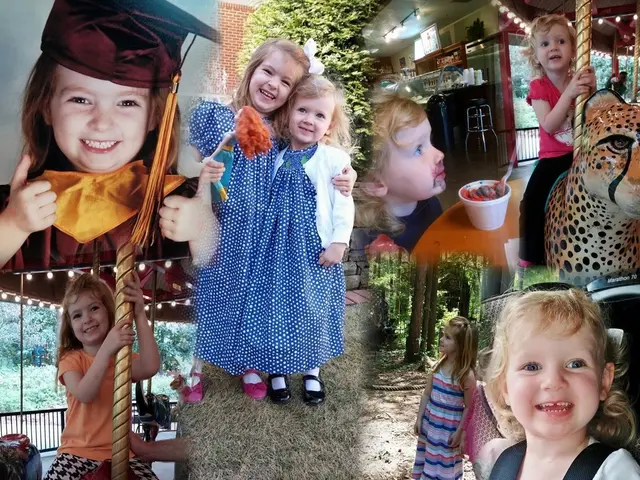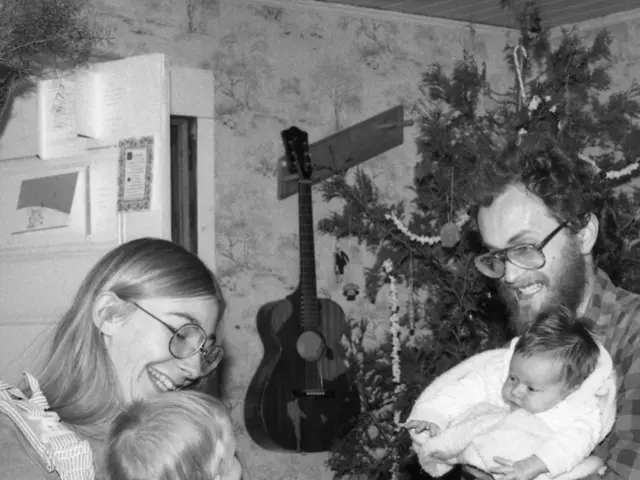American city of Nagasaki commemorates the 80-year anniversary of a US atomic bombing strike in 1945.
Survivors of Nagasaki and Hiroshima Bombings Advocate for Nuclear Disarmament and Peace
Survivors of the devastating atomic bombings in Hiroshima and Nagasaki, known as hibakusha, have used their personal experiences to advocate for nuclear disarmament and peace in Japan. These individuals, who have endured the horrors of nuclear war, have become powerful voices in the international movement against nuclear weapons.
One of the key ways hibakusha have contributed is by sharing their firsthand testimonies. Survivors like Keiko Ogura and Kunihiko Iida have spoken publicly about their traumatic experiences to raise awareness about the horrors of nuclear war. Iida, for example, volunteers as a guide at Hiroshima’s Peace Memorial Park, educating visitors, including foreigners, helping make the tragedy more real and immediate for them.
Hibakusha have also served as moral voices for disarmament, significantly contributing to the creation of the Treaty on the Prohibition of Nuclear Weapons. They emphasize that despair or prayer alone are insufficient, insisting on proactive efforts for global peace.
The hibakusha's legacy is being passed on to younger generations. Survivors and their successors, such as Noriko Kubota acting on behalf of her elder relative, stress the importance of cherishing life and the urgency of never forgetting the bombings. Japanese cities like Hiroshima actively support "successors to the experience of the irradiated" (hibaku taiken denshosha) to directly communicate the hibakusha's message and sustain public memory and activism for peace.
Hibakusha also engage in public events and advocacy. During anniversaries and peace declarations, survivors and local leaders reinforce calls for a nuclear-free world, drawing on the survivors’ resilience and stories to warn about current nuclear risks and to press governments and citizens toward disarmament.
In Nagasaki, survivors like Fumi Takeshita visit schools to share their experiences with children in the hope of passing down the lessons of history to current and future generations. The number of survivors in Nagasaki has fallen to 99,130, about a quarter of the original number. Aging survivors and their supporters now put their hopes of achieving nuclear weapons abolition in the hands of younger people.
The Nagasaki atomic attack occurred on August 9, 1945, killing approximately 70,000 people by the end of 1945. The city was attacked with an atomic bomb by the United States, three days after the bombing of Hiroshima, which killed 140,000 people. The youngest survivors were too young to clearly recall the attack.
Despite their pain from wounds, discrimination, and illnesses from radiation, survivors have publicly committed to a shared goal of abolishing nuclear weapons. This commitment was evident at a memorial event in Nagasaki Peace Park, where approximately 2,600 people, including representatives from over 90 countries, gathered to remember the victims and advocate for peace.
Mayor Shiro Suzuki and Prime Minister Shigeru Ishiba spoke at the event, emphasizing the importance of learning from the past and working towards a nuclear-free world. However, the ceremony was marred by controversy, as China did not attend without providing a reason, and the U.S. ambassador and other Western envoys were absent in response to the Japanese city’s refusal to invite officials from Israel.
In light of these challenges, hibakusha continue to transform their tragic histories into powerful, ongoing campaigns for peace, urging the global community to learn from the past and eliminate nuclear weapons to prevent future suffering.
[1] "Hibakusha: The Lives and Legacies of the Atomic Bomb Survivors." BBC, BBC, 6 Aug. 2015, www.bbc.com/news/world-asia-33692302.
[2] "Hiroshima: The Aftermath." History.com, A&E Television Networks, 2021, www.history.com/topics/world-war-ii/hiroshima-aftermath.
[3] "Nagasaki: The Aftermath." History.com, A&E Television Networks, 2021, www.history.com/topics/world-war-ii/nagasaki-aftermath.
[4] "Hibakusha: The Legacy of the Atomic Bomb Survivors." NHK WORLD-JAPAN, 6 Aug. 2015, www3.nhk.or.jp/nhkworld/en/news/20150806_26/.
[5] "Hibakusha: The Testimonies of the Atomic Bomb Survivors." The Guardian, Guardian News & Media Limited, 6 Aug. 2015, www.theguardian.com/world/2015/aug/06/hibakusha-the-testimonies-of-the-atomic-bomb-survivors.
- The hibakusha's stories, shared through public testimonies and educational outreach, offer unique insights into the political and social consequences of war-and-conflicts like the use of nuclear weapons.
- Despite the ongoing struggles faced by the hibakusha, their experiences have been instrumental in shaping the discourse around politics and general-news, particularly in relation to nuclear disarmament and peace.
